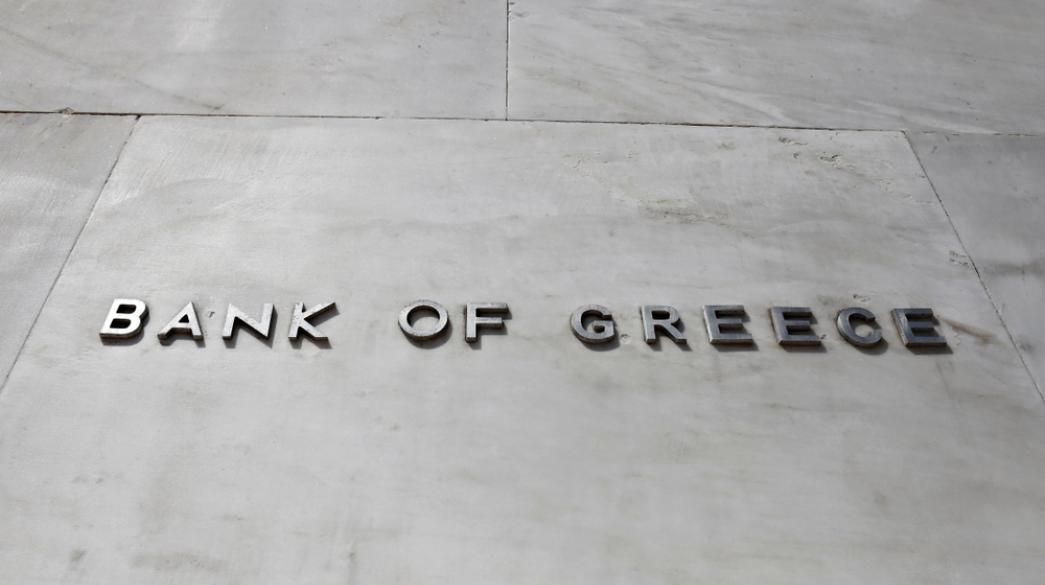A proposal put together by the Bank of Greece (BoG) allows lenders to book losses from NPLs being transferred to a bad bank over a period of several years, in what is considered to be a significant development in the success of the plan.
According to Business Daily's sources, the BoG's plan, which will be submitted to the government and the country’s creditors by the end of September, envisages the transfer to the bad bank of problem loans at their book value, ie at the price at which they are valued at on their books.
Lenders will be able to cover losses (the difference between its current value and book value) gradually, over several years, probably more than 5 years.
This is an extremely important development as it allows commercial banks to finally solve the problem of non-performing loans by fully consolidating their loan portfolios and to get rid of the large stock of bad debt inherited from the financial crisis, without being forced to raise fresh capital.
Losses arising from the transfer of NPLs to the bad bank, and the risk of new capital increases, were the main focus of banks regarding the BoG plan. However, bank officials are waiting for the detailed presentation of the plan, in order to assess all the critical technical parameters.
The BoG's plan stipulates that the valuation of non-performing loans of banks that will shape the transaction, will be done by independent appraisers.
According to BoG data at the end of March 2020, non-performing loans (NPLs) amounted to 60.9 billion euros, reduced by 7.6 billion euros (or 11.1 percent) compared to the end of December 2019, while The ratio of NPLs to total loans amounted to 37.3 percent. NPLs had reached 107.2 billion euros in March 2016, the highest point since the outbreak of the financial crisis.
Utilizing the infrastructure
A central part of the plan for the creation of a comprehensive asset management scheme (Asset Management Company - AMC) of Greek banks is the full utilization of agreements banks have made with specialized loan management companies and the relevant infrastructure. that have been created. The general idea is that the loan servicers that are present in the market will take over the management of problem loans going to the bad bank.
It is worth noting that the sharp drop in bank share prices, which reaches 60 percent since the beginning of the year, is due to concerns about the level of non-performing loans and the possibility of dealing with them without any new capital increases. According to banking sources, the already huge stock of bad debt will increase further due to the coronavirus.
BoG: Why a bad bank is necessary
According to the BoG, "the successful completion of NPL sale transactions, through loan securitization with the simultaneous use of the Greek State Guarantee Program (HAPS) will bring a further reduction in the existing stock. However, according to calculations by the Bank of Greece, the ratio of NPLs to total loans (NPL ratio) is estimated to be around 25%, a percentage that is still the highest and many times higher than the average of the European Union and the Single Supervisory Mechanism - SSM (2.7% and 3.2% respectively as of December 2019). In addition, it is estimated that the impact on banks' Capital Adequacy Ratio from these securitization transactions will average three percentage points. It therefore becomes clear that further action is needed to reduce the existing NPL inventory".
As the BoG notes in its Financial Stability Report: "Addressing the existing large stock of non-performing loans (NPLs), which depending on the evolution of macroeconomic figures will increase further in the coming period, is an immediate priority. The existing tools available to reduce it, including the Hellenic Asset Protection Scheme (HAPS) initiative, are working well to improve the quality of banks' balance sheets. However, with the available stock of NPLs determined at 37.3% based on first quarter data, the uncertainty regarding its escalation in the next period, the limited possibility, due to low profitability, of capital being created by banks, the estimated deterioration of the deferred tax credit (DTC) ratio as a percentage of regulatory capital, but especially the urgent need to finance the real economy, it becomes clear that additional actions are required from both banks and the state.
In this context, the Bank of Greece is putting together a specific proposal for the implementation of a comprehensive management scheme for the troubled assets (Asset Management Company - AMC) of Greek banks".
YIANNIS PAPADOGIANNIS









